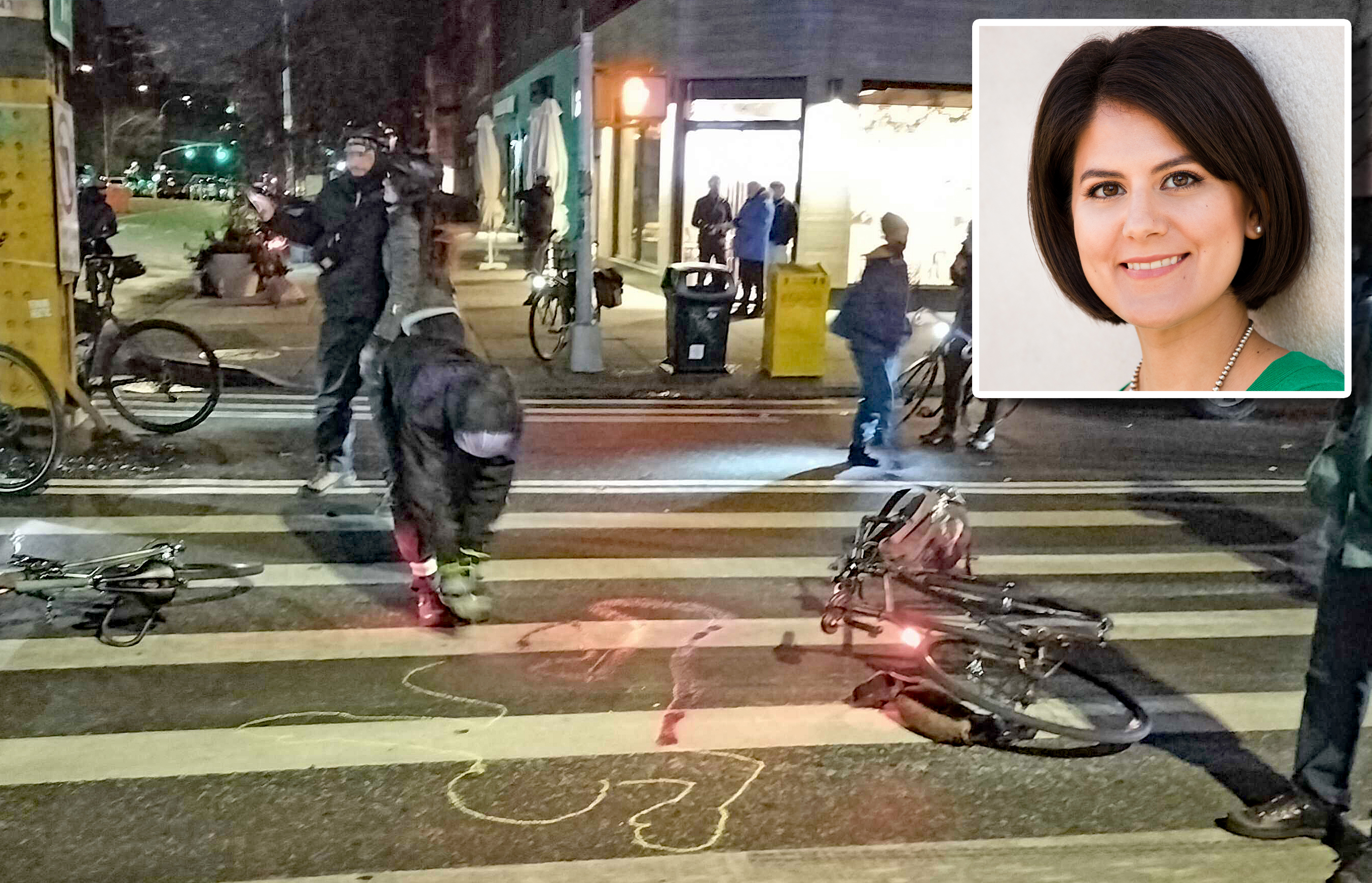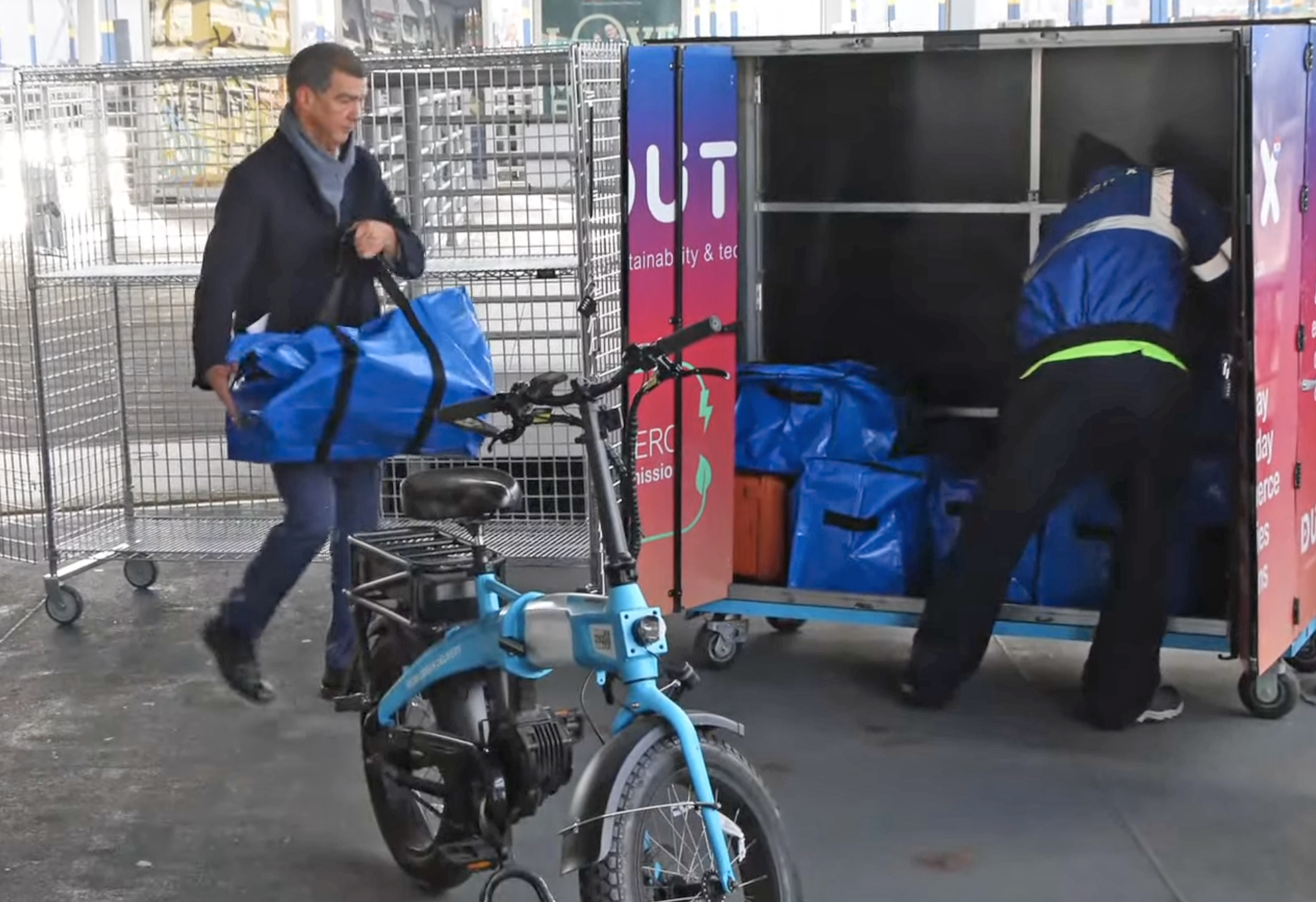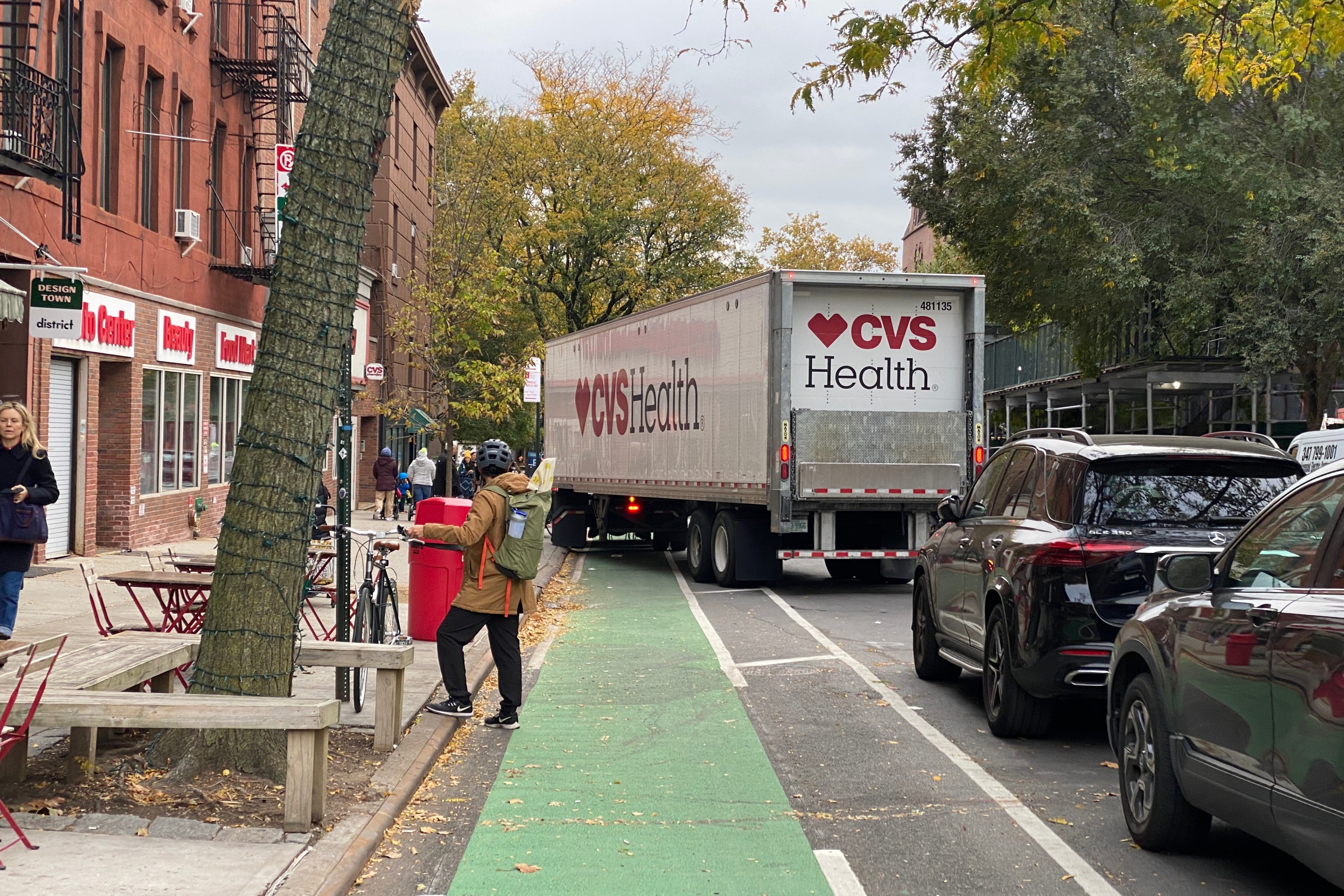Legislation to bring automated speed enforcement to the city is drawing fire from the New York branch of AAA.
Speed cameras have proven to be effective in clamping down on highly dangerous behavior. A pedestrian hit by a driver obeying the city's 30 mph speed limit has about a 45 percent chance of dying, while at 40 mph the likelihood of death jumps to between 70 and 85 percent.
Nearly forty percent of city drivers observed for a 2009 Transportation Alternatives report were found to be speeding. Another 2009 TA study revealed that while the number of traffic fatalities caused by speeding rose by 11 percent between 2001 and 2006, the number of summonses issued for speeding dropped 22 percent during the same period.
Due to the sheer volume of speeders and thanklessness of manual enforcement, cameras offer an efficient solution. What's more, speed cameras are popular. The current bill, sponsored by Assembly Member Deborah Glick and Senator Tom Duane, is supported by NYC DOT, NYPD, Manhattan Community Board 2, and even drivers informally polled by the Post and CBS 2 (data from actual polls indicate acceptance among motorists as well). The Insurance Institute for Highway Safety also favors automated speed enforcement.
But in the eyes of AAA spokesperson Robert Sinclair, speed cameras are merely a way to relieve police of their duty while relieving drivers of cash.
“It’s sort of ceding responsibility that a police officer should have for removing a truly reckless speeder off the road and giving it to a camera that does nothing to take that reckless speeder off the road,” he said.
Sinclair also said he had suspicions about the city’s motivation for the proposed move.
“It’s curious that the timing of this would come up now when we’re facing fiscal difficulties,” Sinclair said, “[AAA] sees this only as revenue enhancement opportunity.”
Someone should really explain to Sinclair that speed cameras are not just a punitive measure targeted at individual drivers, but a deterrent against a practice that is as commonplace as it is deadly. By getting behind a measure that enjoys broad appeal, AAA would also be protecting its own members, in addition to making streets safer for car-free New Yorkers.





